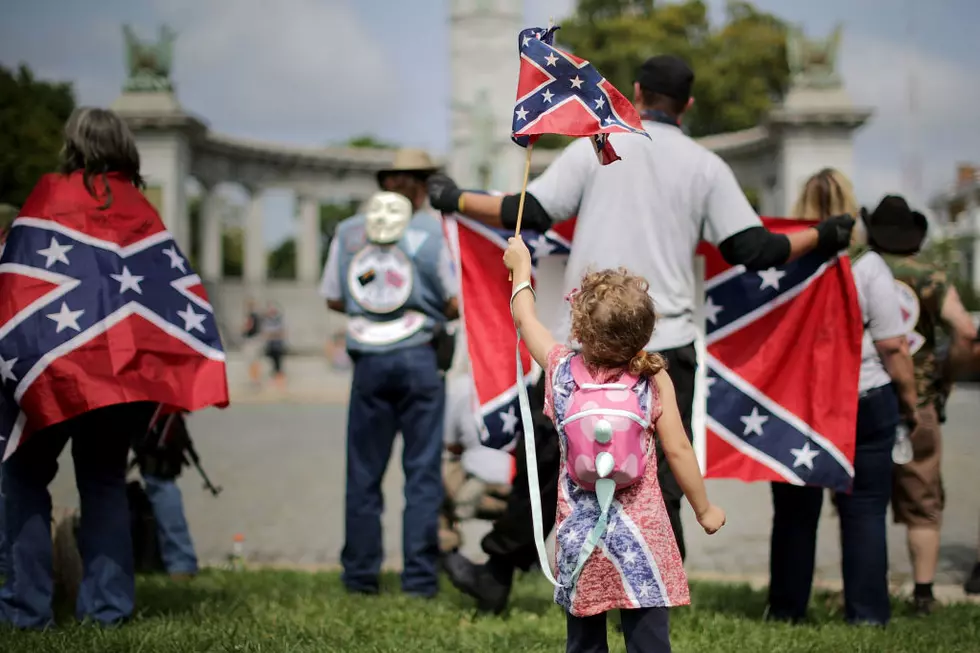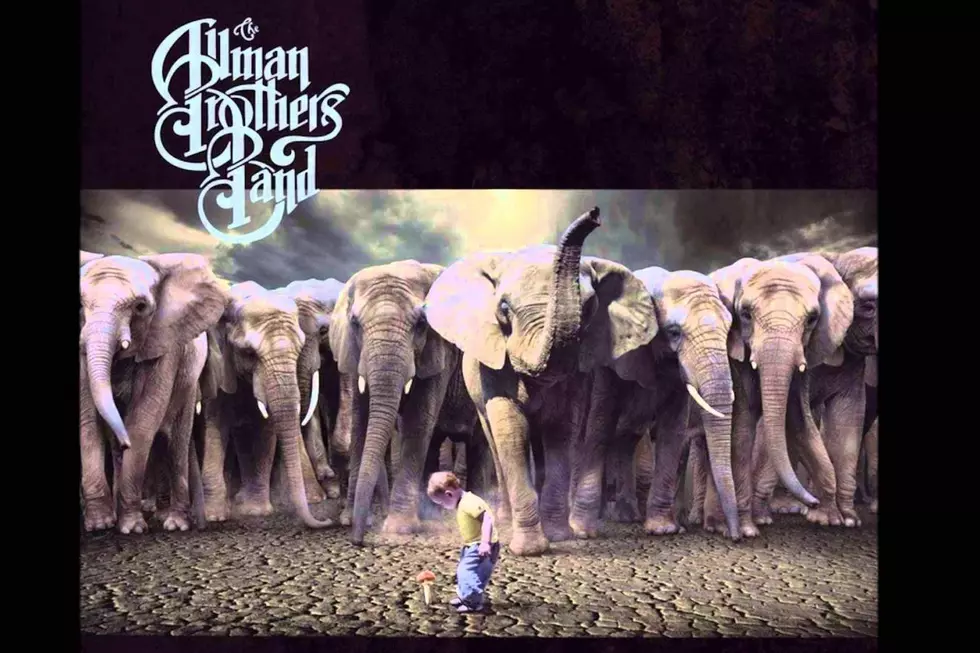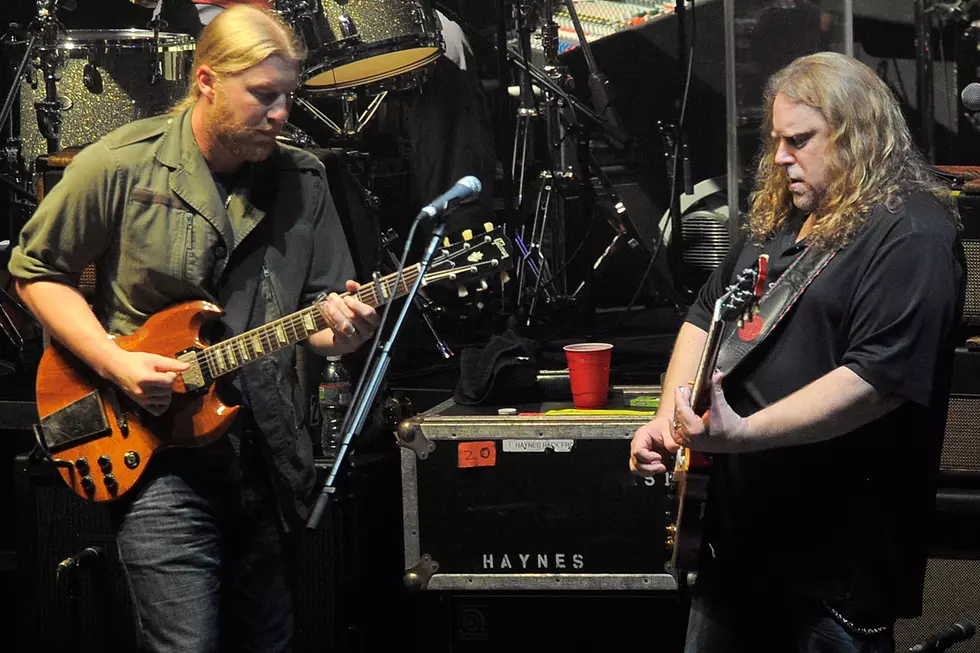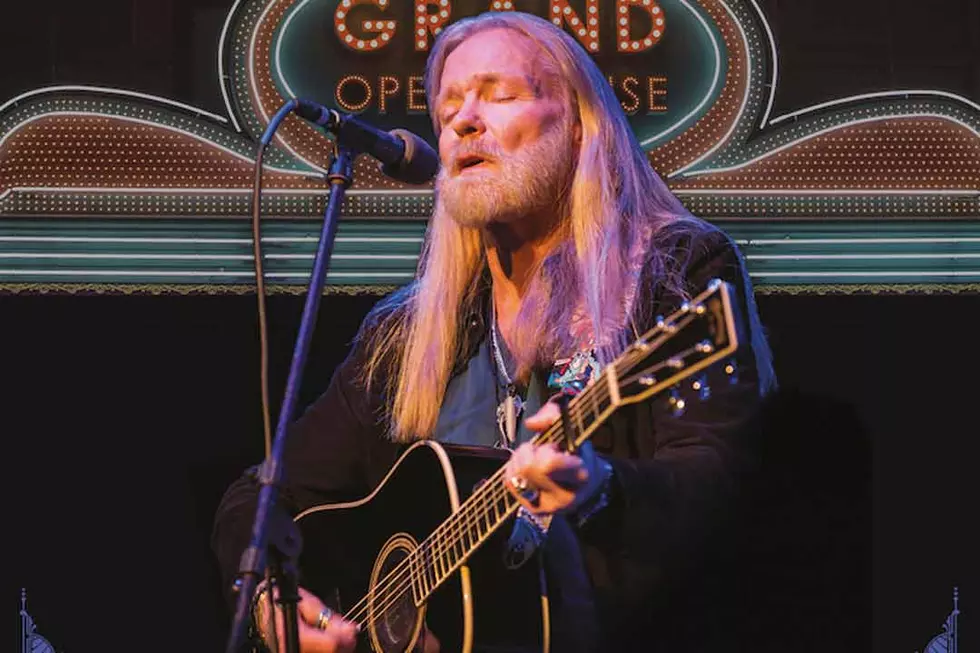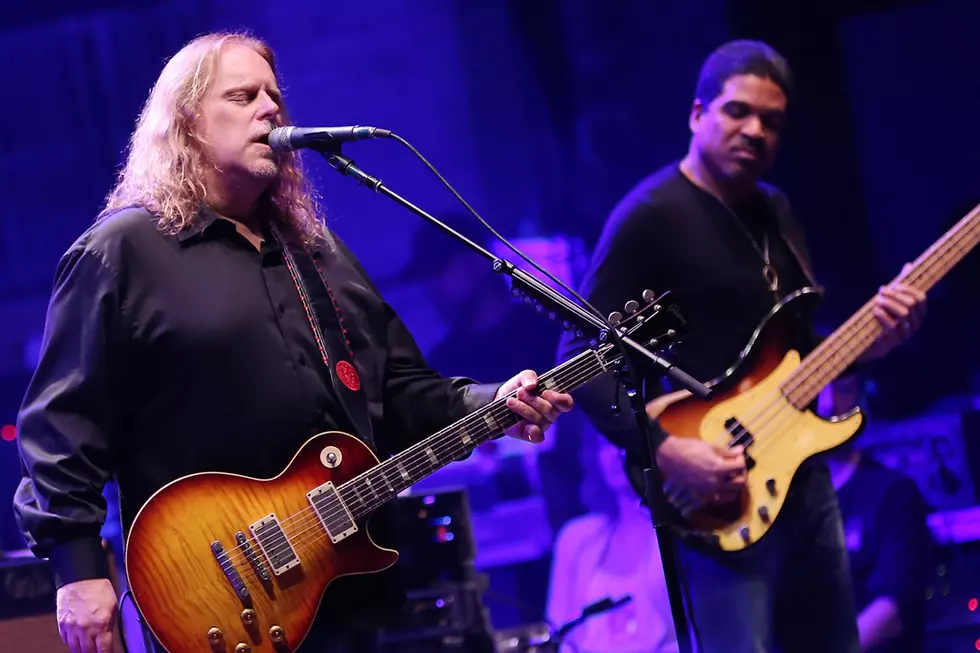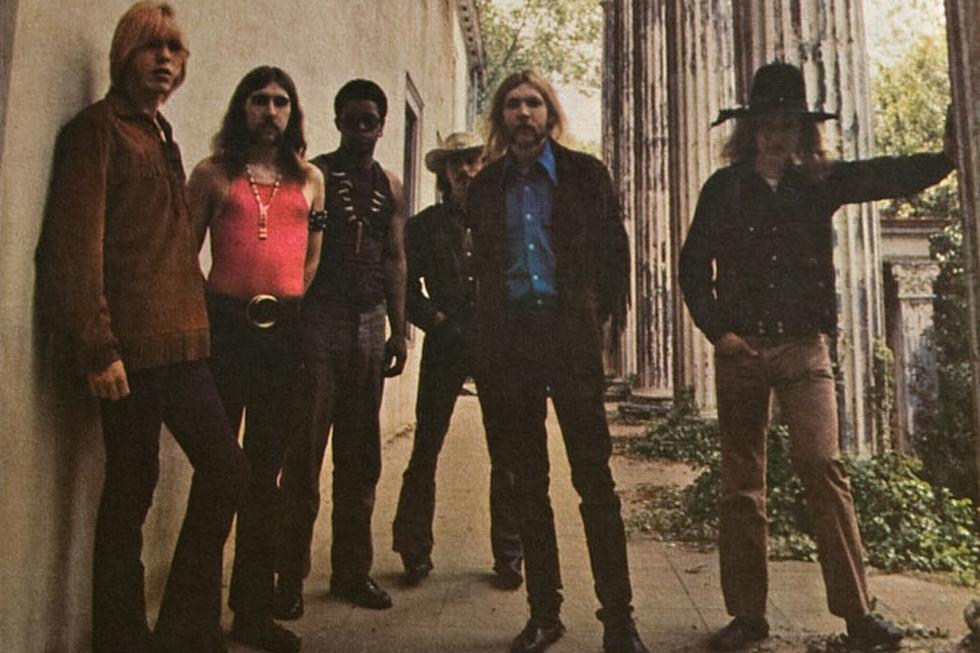
How the Allman Brothers Band’s Debut Launched Southern Rock
Marking definitive dates in music history is always tricky business, but if you forced fans to reach a consensus on the birthdate of Southern rock, most would agree it came on Nov. 4, 1969 with the release of the Allman Brothers Band’s self-titled debut album.
Born in Nashville barely a year apart, brothers Duane and Gregg Allman were raised in several Southern cities by their widowed mother. (Their father, a career military man, was murdered when the boys were still young.) They picked up music while in their teens, both starting on electric guitar. By the mid-'60s, they were playing in bands called the Escorts and the Allman Joys, and eventually wound up in Los Angeles with a Liberty Records contract as the Hour Glass. This was during the peak of psychedelia, and they sold very few records.
By 1968, a disillusioned Duane had moved to Muscle Shoals, Ala., where he became a hot session guitarist at FAME Studios (backing R&B giants Aretha Franklin, Wilson Pickett and others), and then to Jacksonville, Fla., where he assembled the Allman Brothers Band with local musicians Jai Johanny Johanson (drums), Berry Oakley (bass), Dickey Betts (guitar) and Butch Trucks (drums). Once Gregg managed to break free from his record contract, he joined the group as singer and organist and completed the classic lineup in March 1969.
They then relocated to Macon, Ga., to be closer to the newly founded Capricorn Records, which had made the fledgling band its first signing (the label's head, Phil Walden, was a fan of Duane’s guitar playing). Months of sporadic live dates and intense woodshedding followed as the sextet developed its repertoire. By the time they entered New York's Atlantic Studios with producer Adrian Barber (their first choice, Tom Dowd, was unavailable), they were tight enough to record their self-titled debut album in just two weeks. It arrived on Nov. 4, 1969.
They started off by soaring through the Spencer Davis Group’s "Don’t Want You No More" in two and a half minutes, but discerning listeners quickly noted that the young band’s interpretation of the blues came as much from the British Invasion as it did more homegrown sources.
The remainder of side one left no doubt that this was an American band, born and bred inside the South’s rich musical gumbo, buoyed by Gregg's hymnal "It’s Not My Cross to Bear" and hard-hitting "Black Hearted Woman" (which gave fans the first taste of Duane's and Betts’ uncanny guitar telepathy) and a personalized reworking of Muddy Waters’ "Trouble No More."
The second side included all Gregg compositions: the biting "Every Hungry Woman," "Dreams" (which set the template for all epic Southern rock jams to come) and "Whipping Post," which essentially defined the Allmans’ sound and quickly grew to astonishing lengths onstage.
Live shows would soon help make their legend. The Allman Brothers Band was mostly overlooked at the time of its release, rising no higher than No. 188 on the chart and selling only 35,000 copies by most estimates. And even though they received much critical acclaim from the start, they received little to no mainstream radio airplay. But all that would change as word spread about the group's intense live performances. By the time of Duane's tragic death less than two years after the debut's release, their musical immortality had been secured.
Top 40 Blues Rock Albums
Tedeschi Trucks Band Discuss Their Influences
More From 96.5 The Walleye
